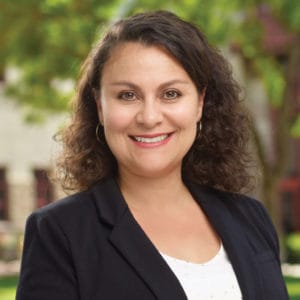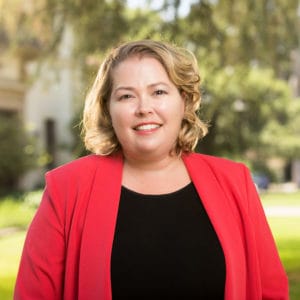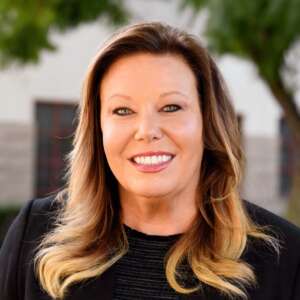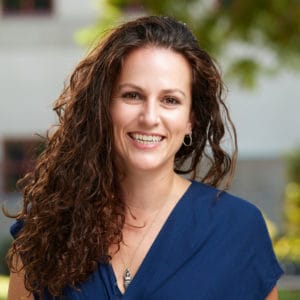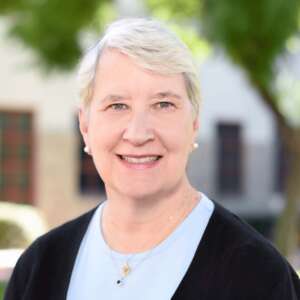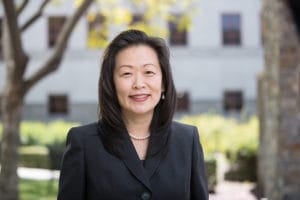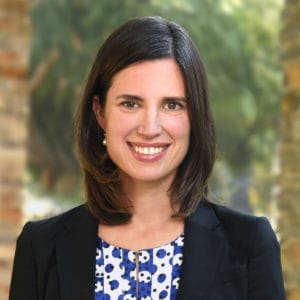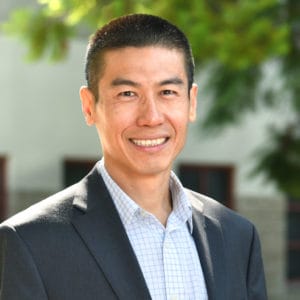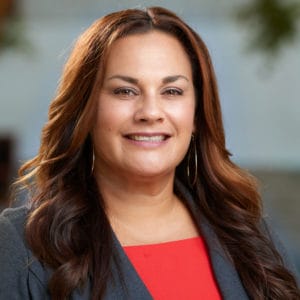The PhD program in Education is committed to a multidisciplinary approach to educational theory and research as well as to developing educational environments that are just, relevant, and rigorous.
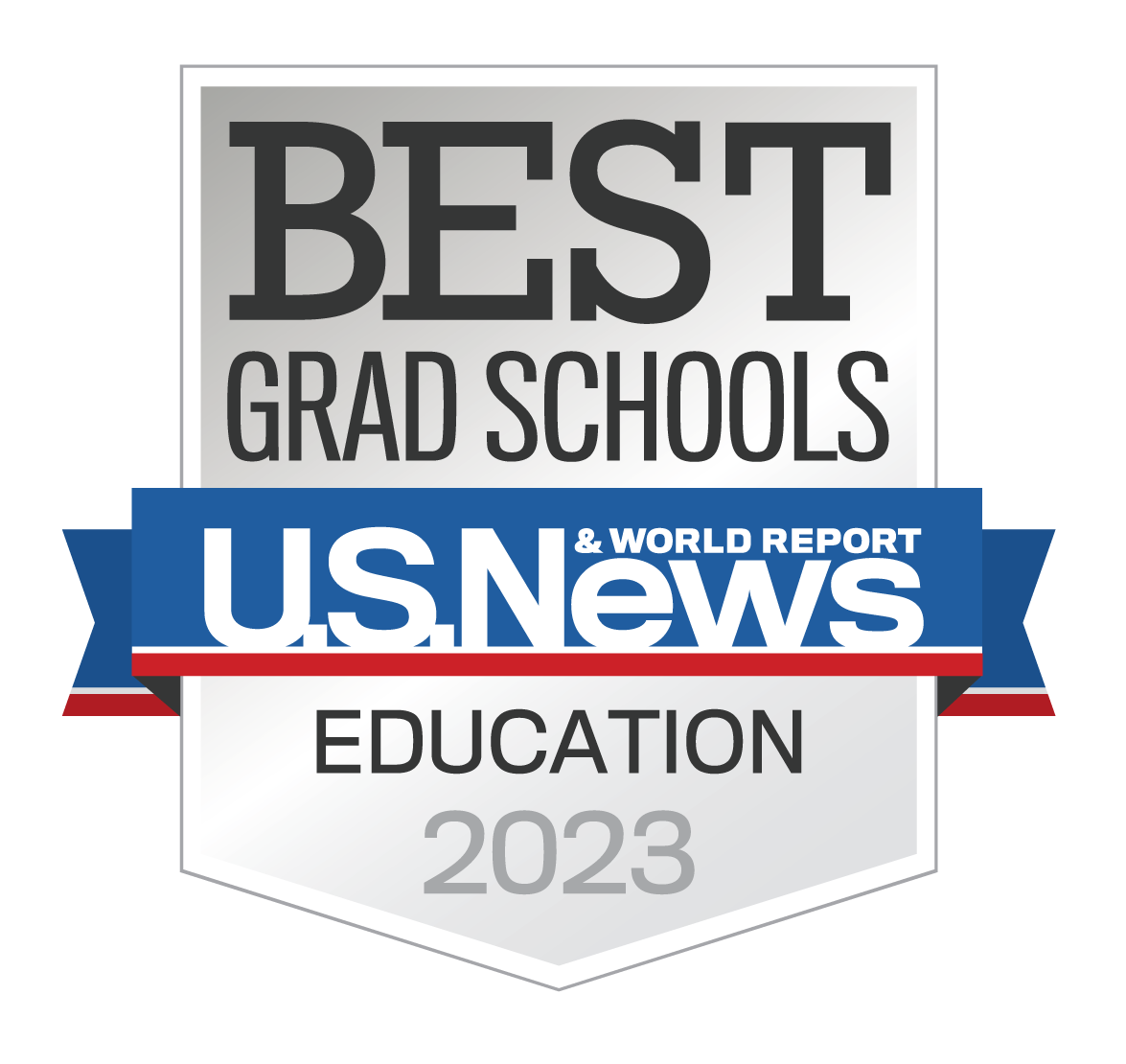 CGU’s PhD program in Education is designed for working professionals interested in applying theory and research to important challenges in the field of education. You’ll conduct research in a diverse community of mature professionals who bring a wealth of educational experience to their scholarly endeavors. Faculty-scholars knowledgeable in education, sociology, cultural studies, philosophy, psychology, law, and more will help you design a PhD program that fits your individual background, interests, and educational goals, connecting you to disciplines outside education to broaden your perspective. Our program produces administrators, scholars, and educators who promote equity, excellence, accountability, and social justice in every area of education.
CGU’s PhD program in Education is designed for working professionals interested in applying theory and research to important challenges in the field of education. You’ll conduct research in a diverse community of mature professionals who bring a wealth of educational experience to their scholarly endeavors. Faculty-scholars knowledgeable in education, sociology, cultural studies, philosophy, psychology, law, and more will help you design a PhD program that fits your individual background, interests, and educational goals, connecting you to disciplines outside education to broaden your perspective. Our program produces administrators, scholars, and educators who promote equity, excellence, accountability, and social justice in every area of education.
Program Highlights
- Flexible programming for working and commuting professionals. Most classes meet once a week at 4:00 or 7:00 pm, and others are held on weekends.
- Apply up to 20 MA units of graduate work to your PhD
- Enjoy small, interactive classes. You will also work closely with a faculty mentor who helps you navigate your way through graduate school based upon your specific aspirations and interests.
- Take some or all the classes needed to concurrently earn an Allies of Dreamers certificate. The first program of its kind nationally, Allies of Dreamers is a graduate‐level certificate program that provides the historical context, theoretical framework, and specific knowledge needed by K12 teachers and administrators, student affairs professionals in higher education, and community leaders to offer mentorship and advocacy for Dreamers and other undocumented students.
- Join a well-established network of alumni from the School of Educational Studies. There are educators across the nation (and especially prevalent in California) who are ready to welcome new students as kindred spirits and advocates of “the CGU Way.”
- For those interested in a cohort-model PhD program for working professionals in urban K–16 education, check out our Urban Leadership PhD in Education program.
Program At-a-glance
-
72 units
required units
-
PhD in Education
degree awarded
-
In Person
modality
-
Spring, Summer, Fall
program start
-
4 years | full time*
estimated completion time
7 years | part time
estimated completion time
Areas of Concentration
-
Higher Education/Student Affairs
Take an approach to study based on a multidisciplinary view of theory and research and a commitment to developing educational environments that are just, relevant, and rigorous.
-
K12 Education & Equity
Prepare for a career as a forward-thinking educator who focuses upon the important roles schools play to support our diverse communities.
-
Urban Leadership
Join an innovative cohort program designed to meet the needs of urban K–14 educational leaders who have a demonstrated potential for leadership in education or a related field.
